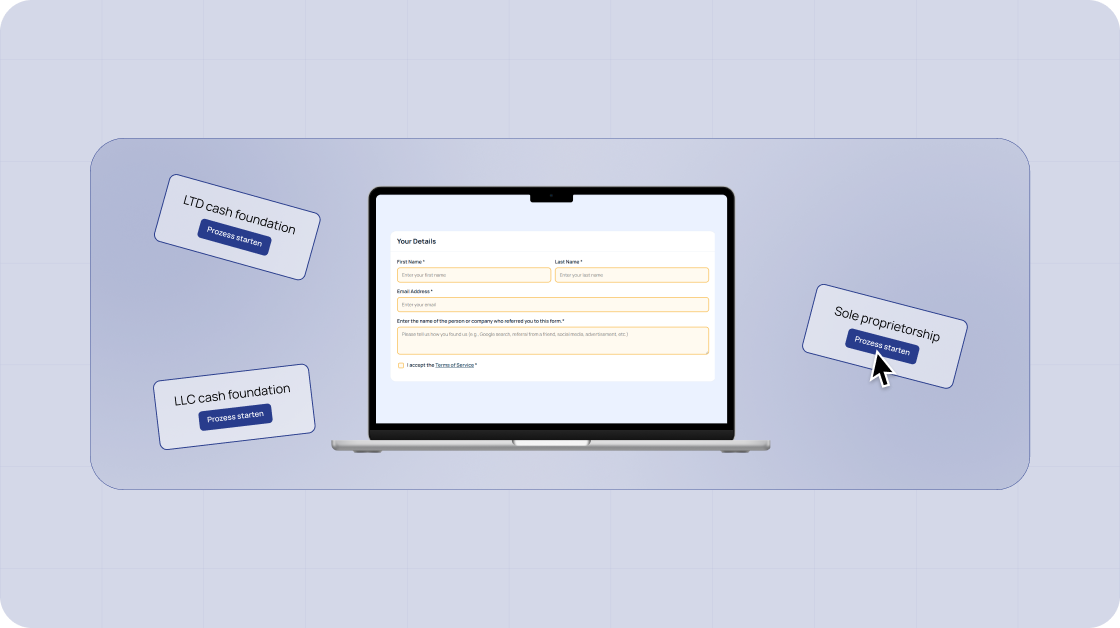Fictitious input tax deduction: Use the often forgotten tax optimization
The fictitious input tax makes it possible to deduct individualized, movable objects. This is an important measure to reduce tax burdens while strengthening competitiveness. Therefore, let's not forget to take this deduction into account!
The fictitious input tax is a concept related to value added tax (VAT) and refers to the input tax that a company can claim for expenses that arise in connection with the purchase of goods for taxable business purposes but for which there is no invoice showing VAT. Normally, a company can claim the input tax shown in the invoice in the VAT statement. However, there are cases where there are business-related expenses but there is no invoice showing VAT.
In Switzerland, fictitious input tax can be deducted if, as part of the entrepreneurial activity entitled to deduct input tax, an individualizable movable object is purchased and no VAT is openly passed on when withdrawing. The Federal Tax Administration (FTA) assumes that a non-taxable person has purchased an object with an input tax burden. There is therefore the right to deduct input tax on the item correctly invoiced without VAT.
Which objects are allowed to deduct fictitious input taxes?
The requirements for deduction of input tax also apply to the deduction of fictitious input tax. According to the Value Added Tax Act (MWSTG) of June 12, 2009, as of January 1, 2023, taxpayers have the option of deducting fictitious input tax in accordance with Article 28a VAT Act under certain conditions and for certain items. In the VAT info, the explanation relating to the permitted items is defined as follows:
A movable object can be regarded as visually or structurally individualized on the basis of individual identification, accounting records or obvious circumstances. One example of this is a deer, which, due to the cantonal provisions of the hunting operating regulations on special hunting, must immediately be presented to the responsible game warden for registration. Registration also gives the deer an individual identification.
This example shows that the deduction of fictitious input taxes is not only limited to obvious objects such as motor vehicles, but can be applied more widely.
Another option for deducting fictitious input taxes is from primary production services. These are generally exempt from tax (Art. 21 (2) lit. 26 MWSTG). Primary producers do not have to calculate VAT on the products obtained in the company and pass it on to their customers. In order to avoid a shadow tax on the products of these primary producers, taxable recipients can deduct the reduced tax rate on the invoiced amount as input tax in accordance with Article 28 (2) of the VAT Act. A prerequisite for this is that the provider's place of residence or business and farm buildings are located in Germany.
Documentation for the deduction of fictitious input taxes
Careful documentation and verification are of great importance in order to justify the deduction of fictitious input taxes and to withstand potential tax audits. Here are a few important things to look out for:
1. Sales contract and individual aspects:
Make sure that the sales contract clearly states the individualized aspects of the purchased item. If there is no sales contract, you should request a detailed invoice from the supplier or seller with details of the specific purchased items.
2. **Investment register for unsold items: ** If the purchased items are not resale items, it is also recommended to keep a detailed investment list. This should contain information about the time of purchase and the individual identification of the respective item.
Conclusion on the fictitious input tax deduction
Deducting fictitious input taxes when purchasing individualized, movable property is an effective way to reduce the tax burden and strengthen competitiveness. Accurate documentation and verification are crucial in order to justify the input tax deduction and to withstand possible audits. Individual identification, detailed invoices, purchase contracts and, where appropriate, investment directories play an important role. In case of uncertainty, it is advisable to consult experts or submit an enquiry to the Federal Tax Administration (FTA) to ensure that fictitious input taxes are correctly deducted.
Disclaimer: The content of this blog post is for informational purposes only and does not constitute professional advice. Each individual case should be reviewed individually and we recommend that you seek professional advice for specific questions.








